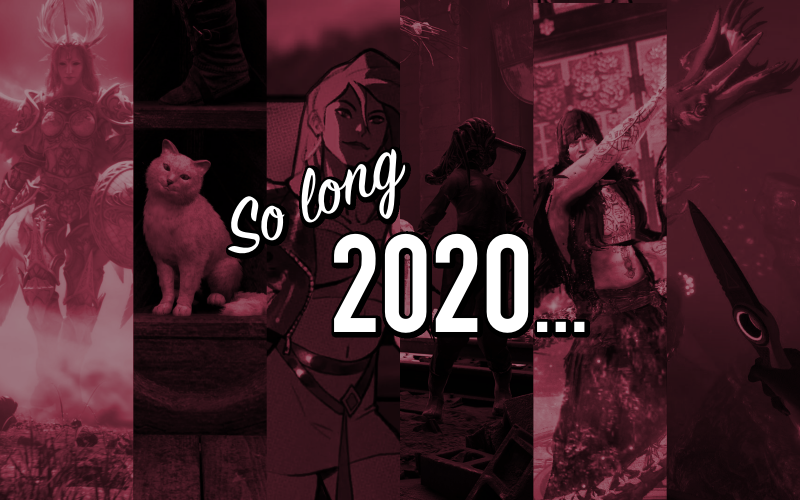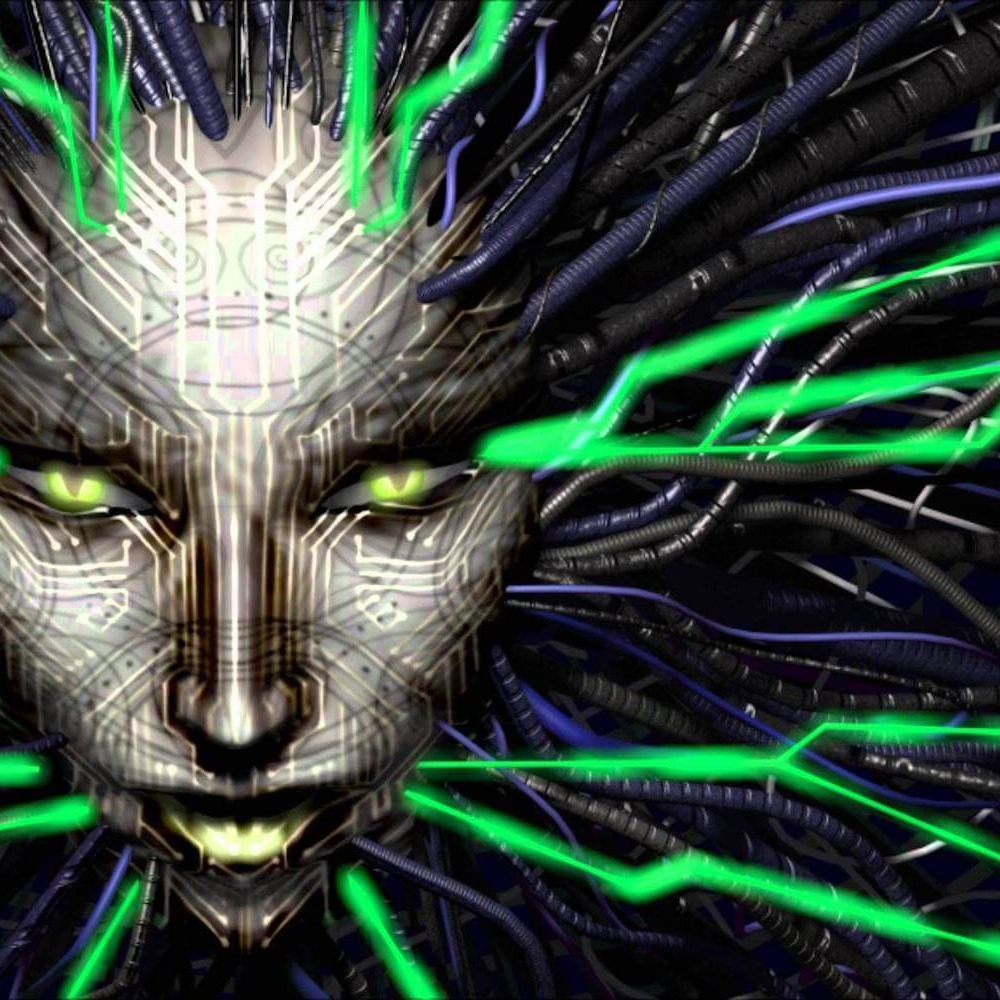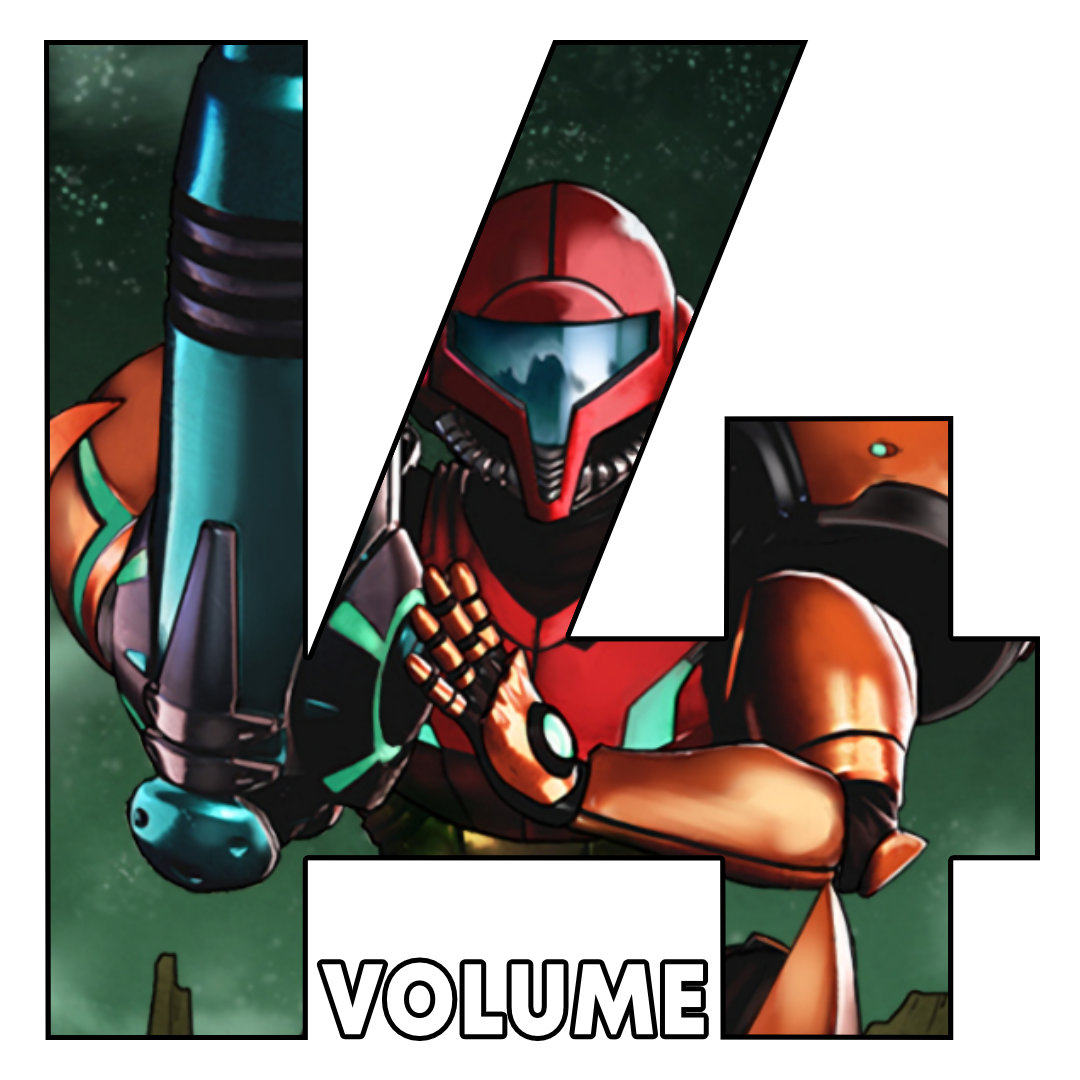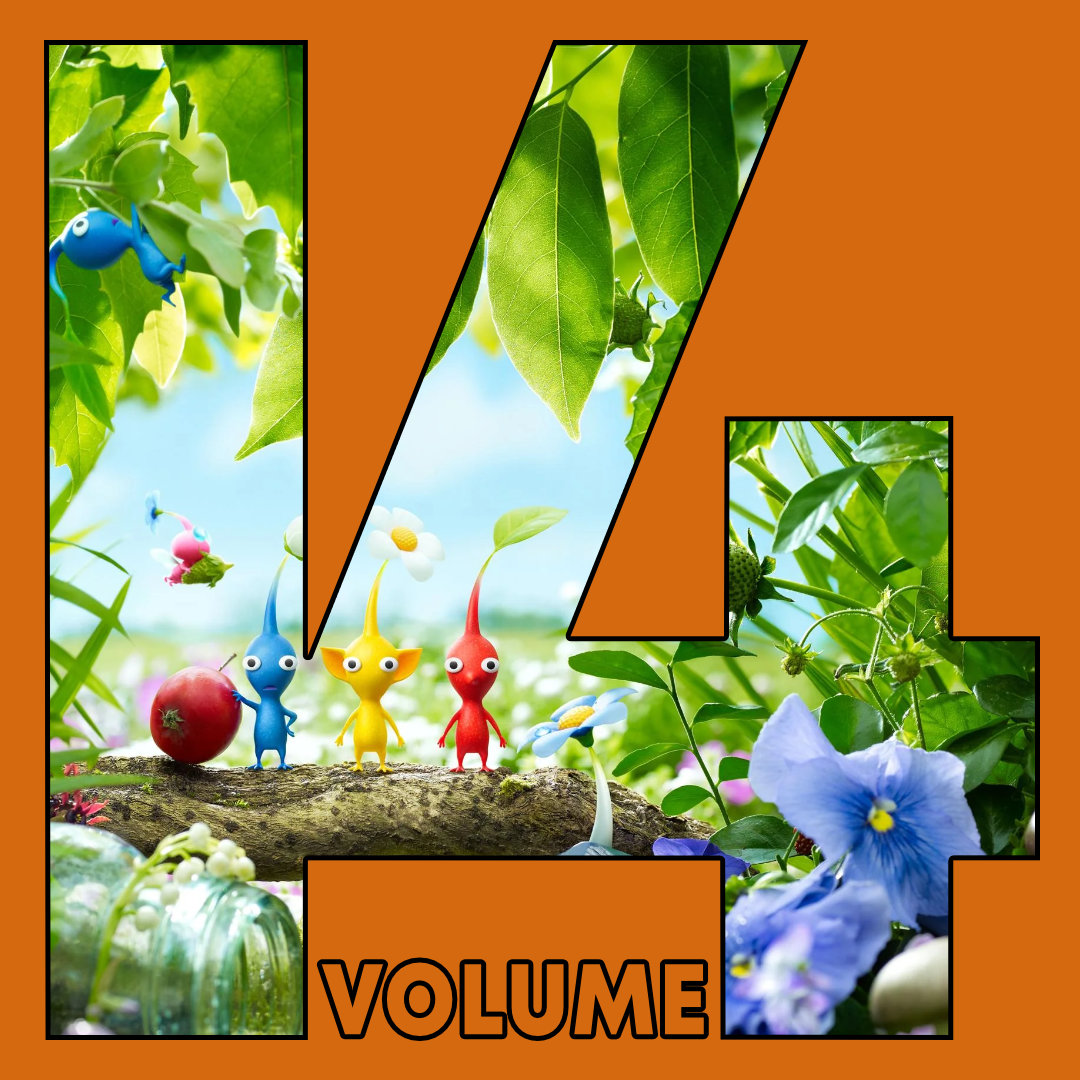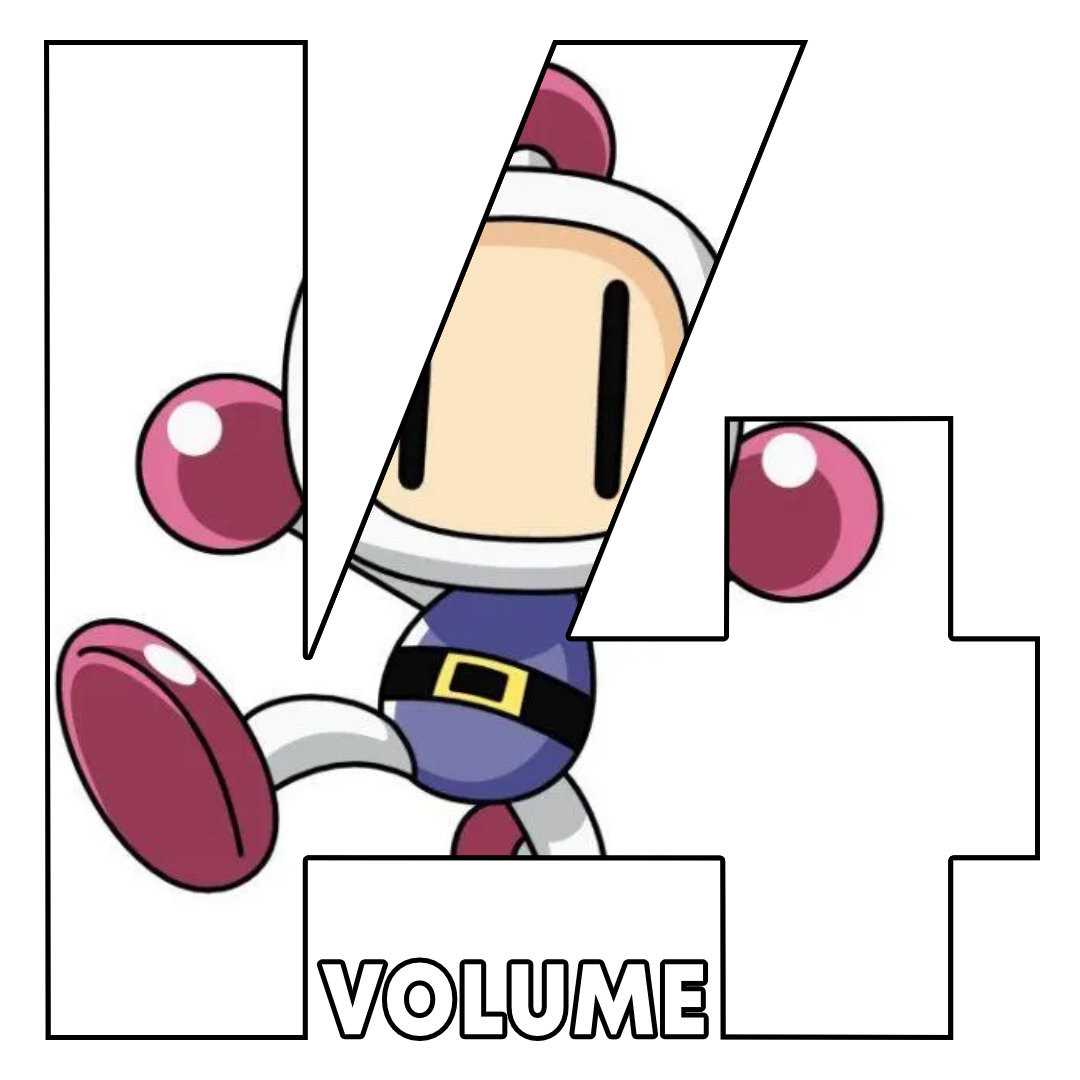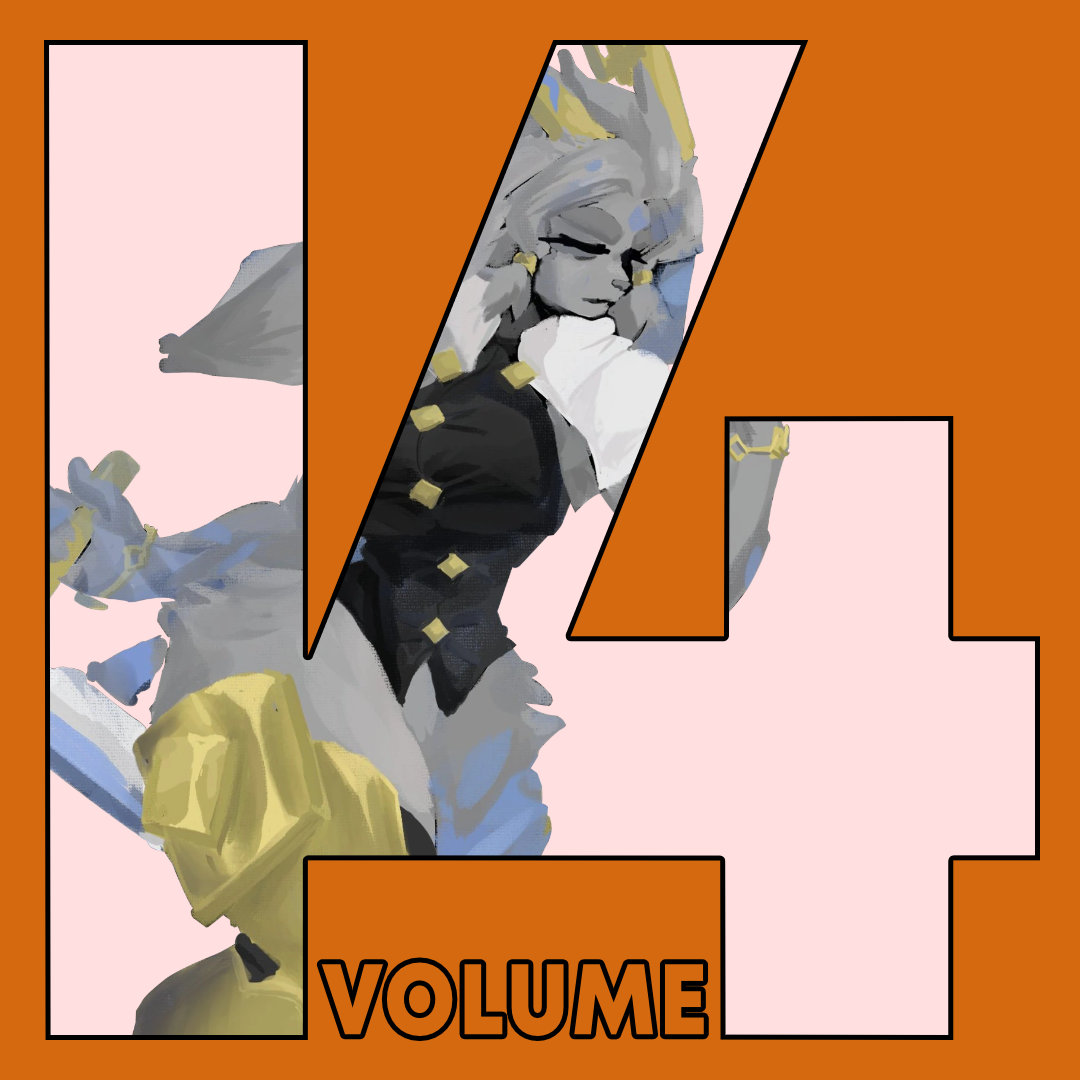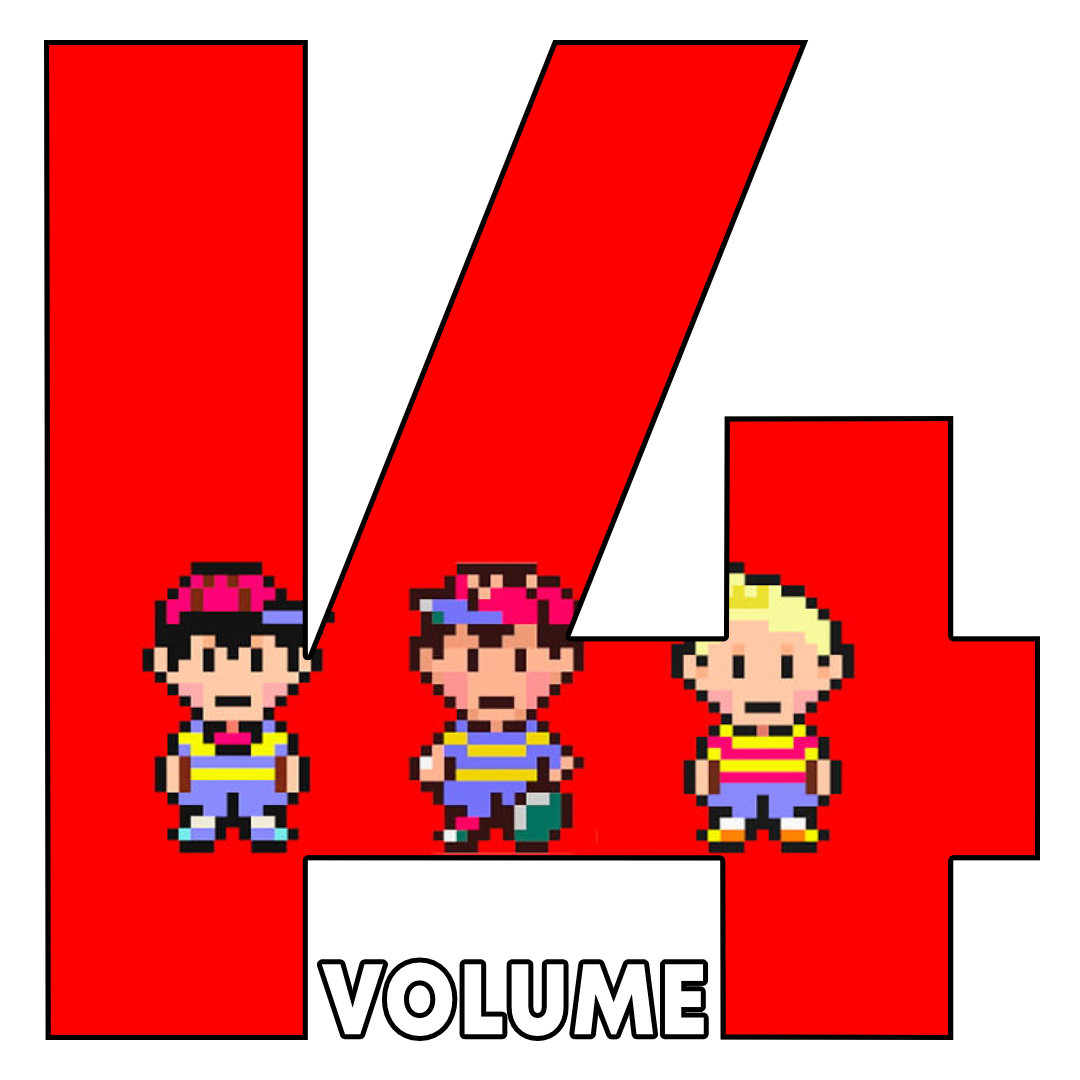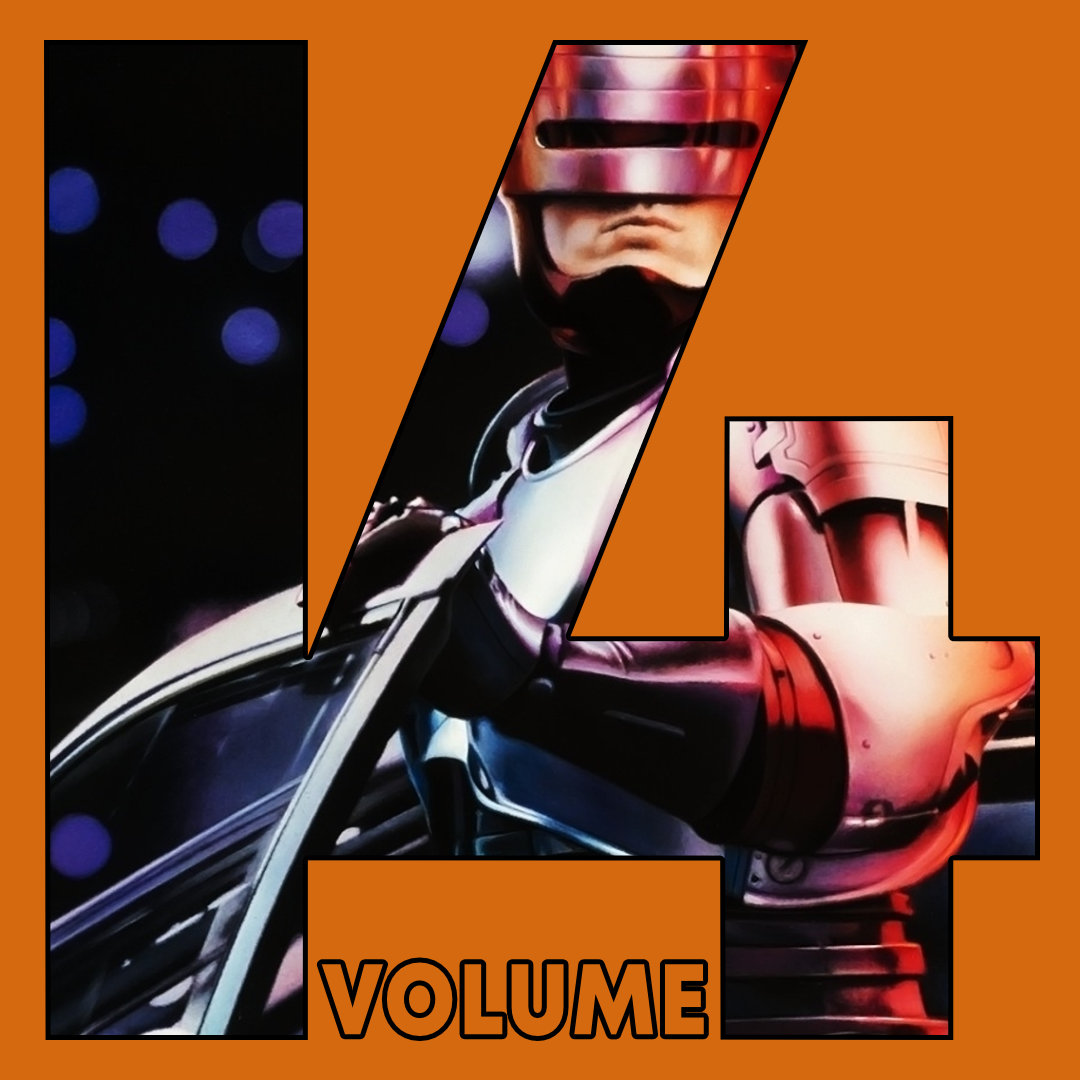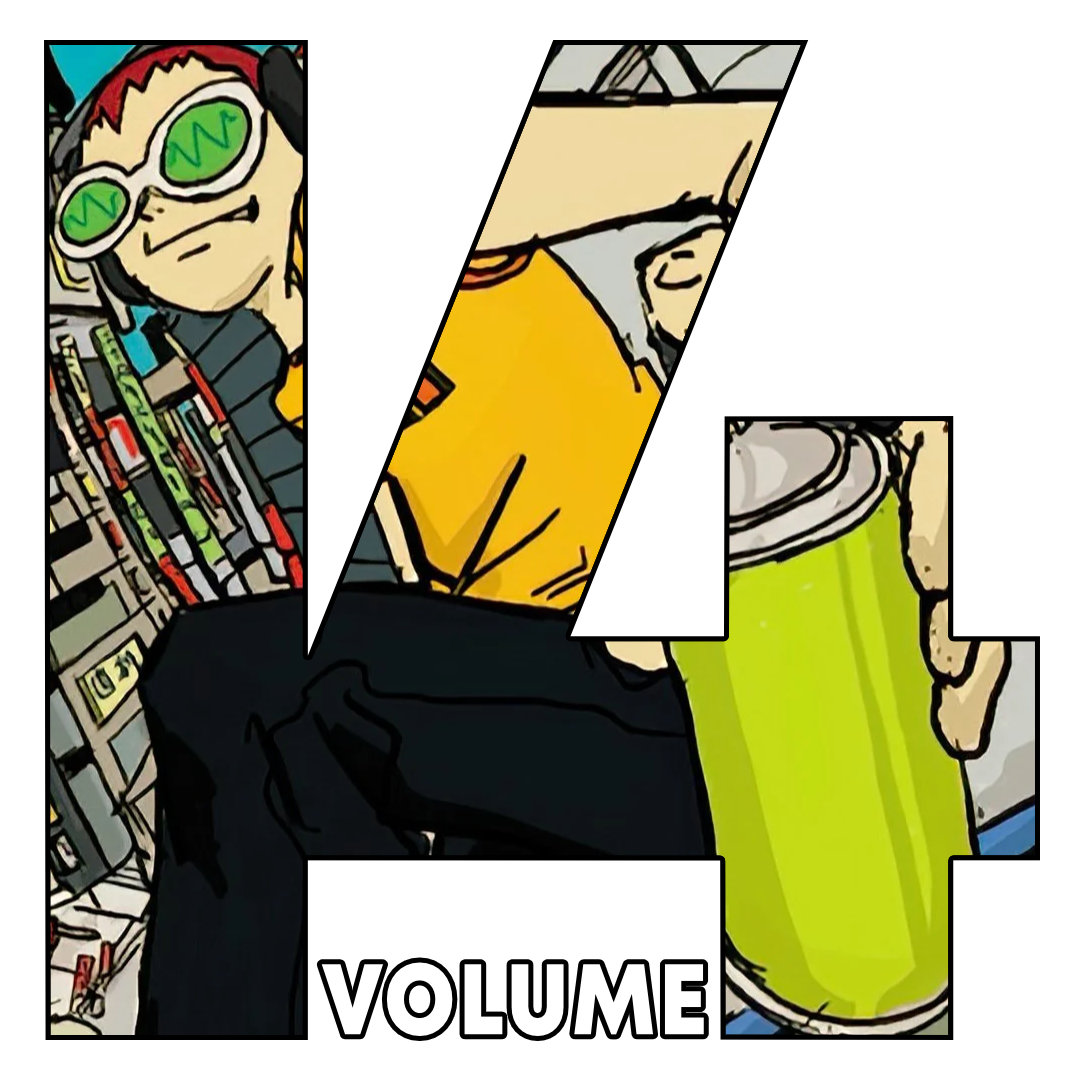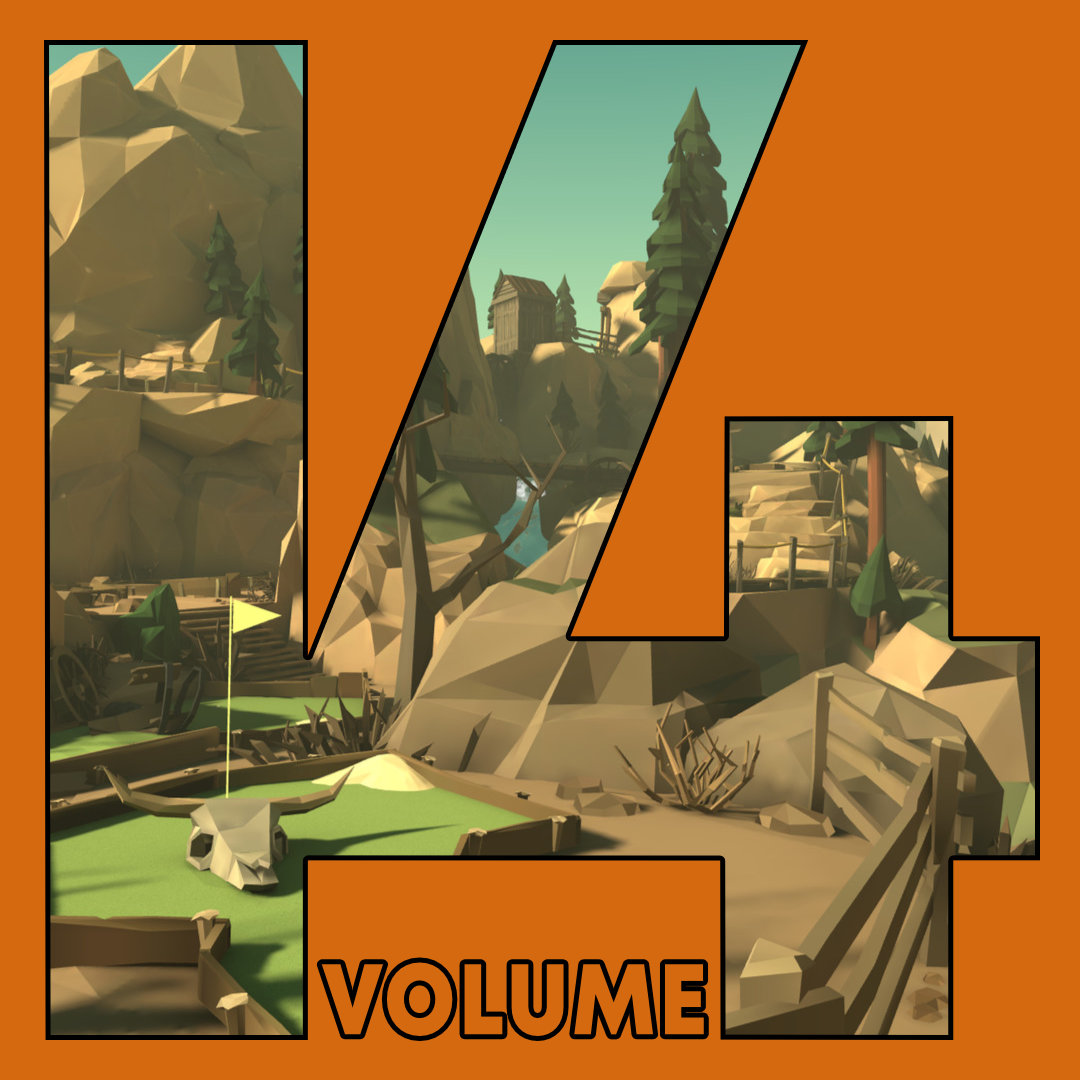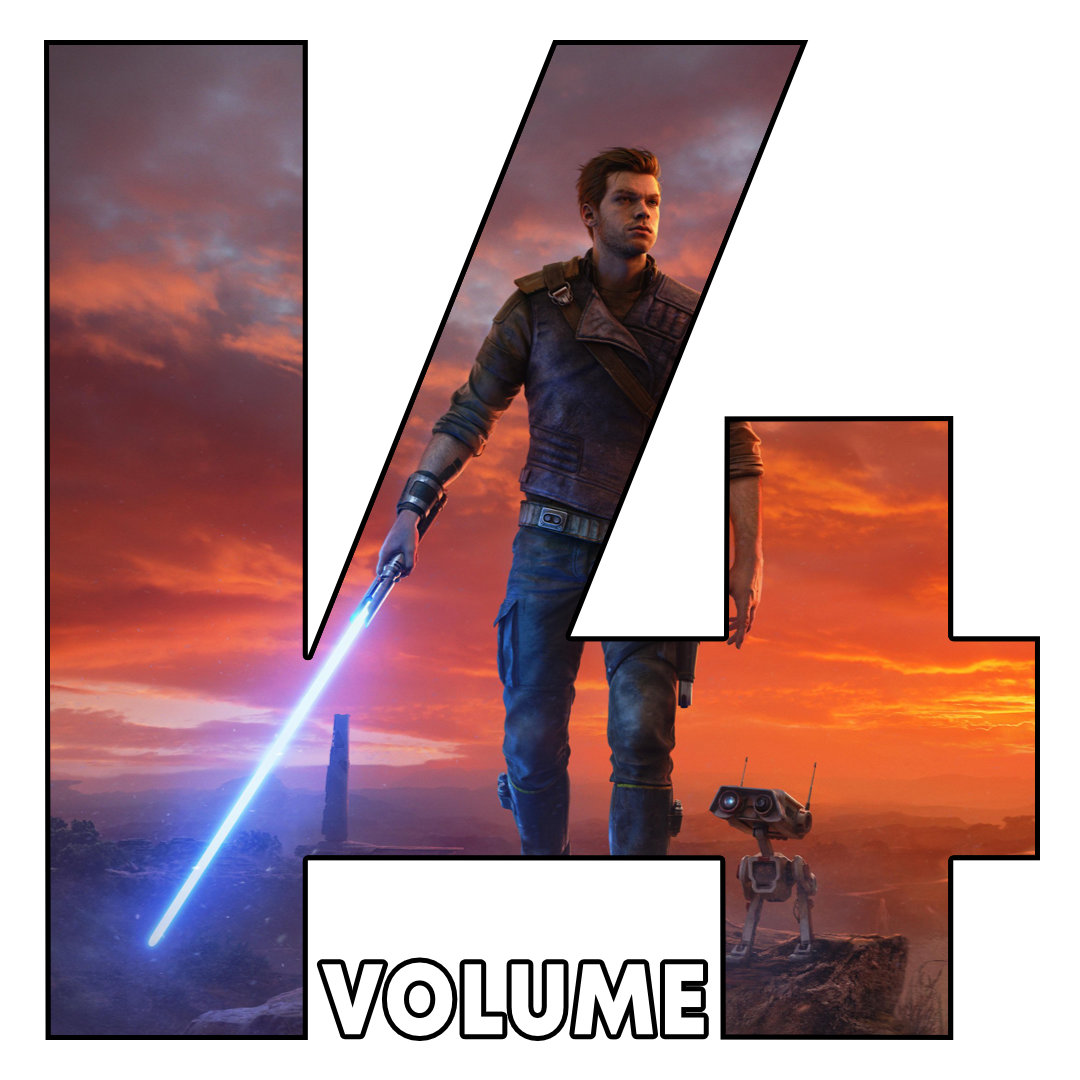…and good riddance! It’s the end of another year and we’re gearing up for Volume 10 of Cane and Rinse. Last year Brian asked the team to share their favourite gaming moments. This year, it’s my turn to invite the team to tell me about their gaming highlights from last year.
Leah Haydu – Gregarious gaming I’ve been informed by management that I “…can’t just go on about Bloodborne again”, so I guess I’ll just have to improvise a bit this year. I think I can probably find one or two things to say about my year in gaming, though.
I often make the ‘joke’ that, much like my cat, I don’t really want most people to touch me or pay attention to me, but I do want them to be in the room pretty much at all times. As 2020 progressed, that ‘joke’ got less and less funny, as my already anemic social life dwindled to pretty much nothing. I don’t say that to be depressing (although take it as you will, I suppose), but rather to illustrate that even those of us who aren’t really People Persons will still eventually start to have a bit of a rough time when we’re cut off from ambient human interaction. It takes a while, but it happens.
So what does all this have to do with videogames? Well, as it turns out, online co-op is a pretty great way to get in some much-needed socialisation when you can’t exactly hang out with people in person. Of course, you don’t have to be in the middle of a pandemic for this to be true, but it helps, am I right?
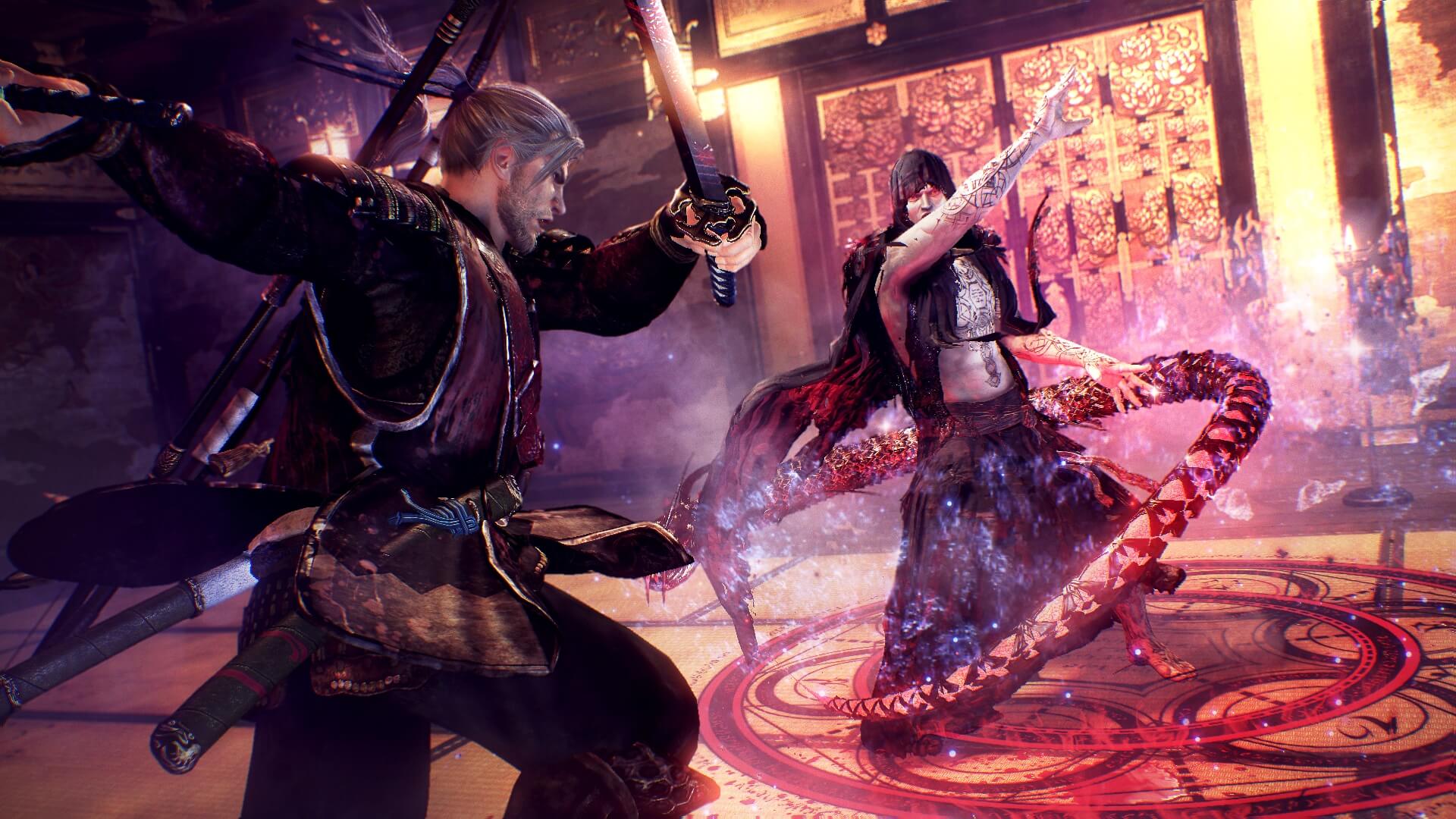
There’s no better bonding activity than dismembering rare denizens of nature and using their bits to make cute outfits in Monster Hunter, after all. Once you’ve broken the ice(borne) there, it’s a natural step to the world of Eorzea and….doing whatever it is you actually do in the Realm Reborn section of Final Fantasy XIV (sorry guys, but that story just isn’t engaging for a while). If you’re bored with that, why not hop into a fictionalised version of Washington DC and have a shooty party in Tom Clancy’s The Division 2? There are dances! There are drones! There’s… a pandemic, but we’re just going to skip over that part. If you ask really nicely, you may even be able to get people to help you out in predominantly single-player games like Nioh and, yes, Bloodborne, to slightly reduce the chances that you will throw a controller through a TV and/or spend several hours not blinking while you throw yourself against a boss and make your neighbours concerned with the density and ferocity of swearing issuing forth from your apartment. I know that last part sounds pretty specific, but I’m sure it happens to most people and is definitely not just me trying to defeat that stupid dude with the lightning spear in Nioh. Definitely not.
In all seriousness, co-op gaming and the voice chats therein have done me a lot of good in These Unprecedented Times (take a drink), and I’m really glad I can take that out of this dumpster fire of a year. So, from your official American Bird, I recommend virtually partying up with a cool person or two and beating the heck out of some monsters or demons or whatever. I’m glad I did, and I’m pretty sure I’ll be doing the same in 2021.
You could also play Bloodborne. It’s still really good too. Just saying.
Chris O’Regan – Vikings and variety There are a lot of ways one can view the past twelve months, most of it negatively one has to admit. But the ray of sunshine emitted by videogames cannot be denied for 2020 has been a strong year for them. Despite all that has happened, new games still got released and even new platforms launched.
Having been asked to reflect on the games of 2020 for this blog, my initial reaction was to wax lyrical about how Animal Crossing: New Horizons became a means by which I coped with the events of the past year, but that’s not about games but more of a statement on mental health.
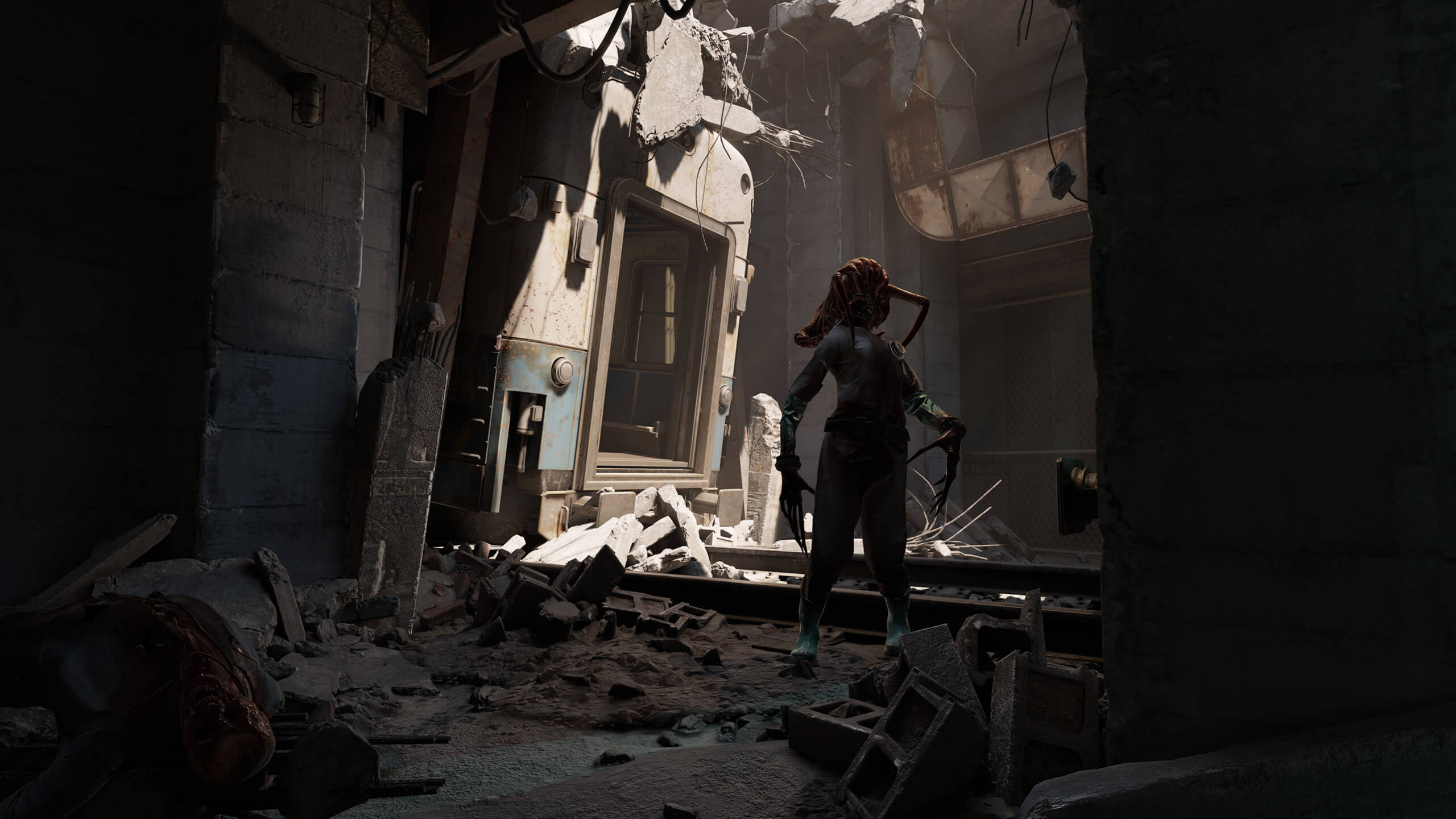
Instead I am going to expand on my experience with Assassin’s Creed Valhalla. At the time of writing this text I am over 50 hours in and about a third of the way through it. This is a game you can sink countless hours into and not even scratch its surface. So invested I am into playing it that I am actively avoiding titles that I also want to experience, especially Immortals Fenyx Rising. Despite this though, Assassin’s Creed Valhalla is not my game of the year. I’m enjoying it certainly, especially the modern day bits with corrupted data streams and intrigue which many balk against. But my game of 2020 has to be awarded to Half-life: Alyx a game that appeared out of nowhere and surprised pretty much everyone who experienced it. To put people back into City 17 in a VR world makes the experiences in Half-Life 2 all that more terrifying, despite the original having been released 16 years prior.
Josh Garrity – Out of adversity comes opportunity The gaming experience that defined 2020 for me was undoubtedly my ups and downs with Final Fantasy XIV, mainly because if it weren’t for the lockdown, I almost certainly wouldn’t have persisted with it.
I have a lot of affection for past entries in the Final Fantasy series, but the more recent titles have really left me cold. XIII and XV especially I found to be narratively all over the place and the combat either too long to show its true colours or lacking that crunchiness the turn-based entries have.
I had dismissed FFXIV as “not for me” as I suspect many people will have, due to its MMO nature. I knew it was held in high regard by those who play it, but told myself I’d play the single player entry this team would inevitably make instead (which is now real). But something funny was happening towards the end of 2019 and early 2020, people would not stop talking about the latest expansion to FFXIV, Shadowbringers. Many going so far as to say the story moved them to tears. I thought I’d spoil the plot a little bit for myself, just to see what all the fuss was about. I was instantly intrigued by the ideas being played with in the form of the Flood of Light and The Sin Eaters.
Lockdown was in full swing and I had already completed Final Fantasy Tactics for the first time earlier in the year, which had rekindled my passion for the series and a hunger for that flavour of Japanese game. So, what the hell, I bought the complete FFXIV collection for like £20 in a sale, created a character and set out on my adventure!
And what a bland adventure it was to begin with. There is no sugar coating it, while the core mechanics are sound, the base game that is A Realm Reborn was a boring slog to get through. The story is almost non-existent until the last act, and most of the quests that weren’t multiplayer dungeons were contextless fetch quests. It quickly became a ‘podcast game’ that I mainlined to see the dawn.
There is no way in a million years I would have stayed with FFXIV if this was any other year. But in 2020, I pushed through.
I started thinking of the expansions as sequels within a series, rather than parts of a greater whole in an attempt to justify to myself how much of FFXIV I slogged through out of obligation versus how much I enjoyed the expansions that came after.
They benefit hugely from a complete recast of every voiced character from the base game, superior localisation (and thus writing) that in Heavensward is on par with past series peaks, but then goes on to blow any competition out of the water with Shadowbringers.
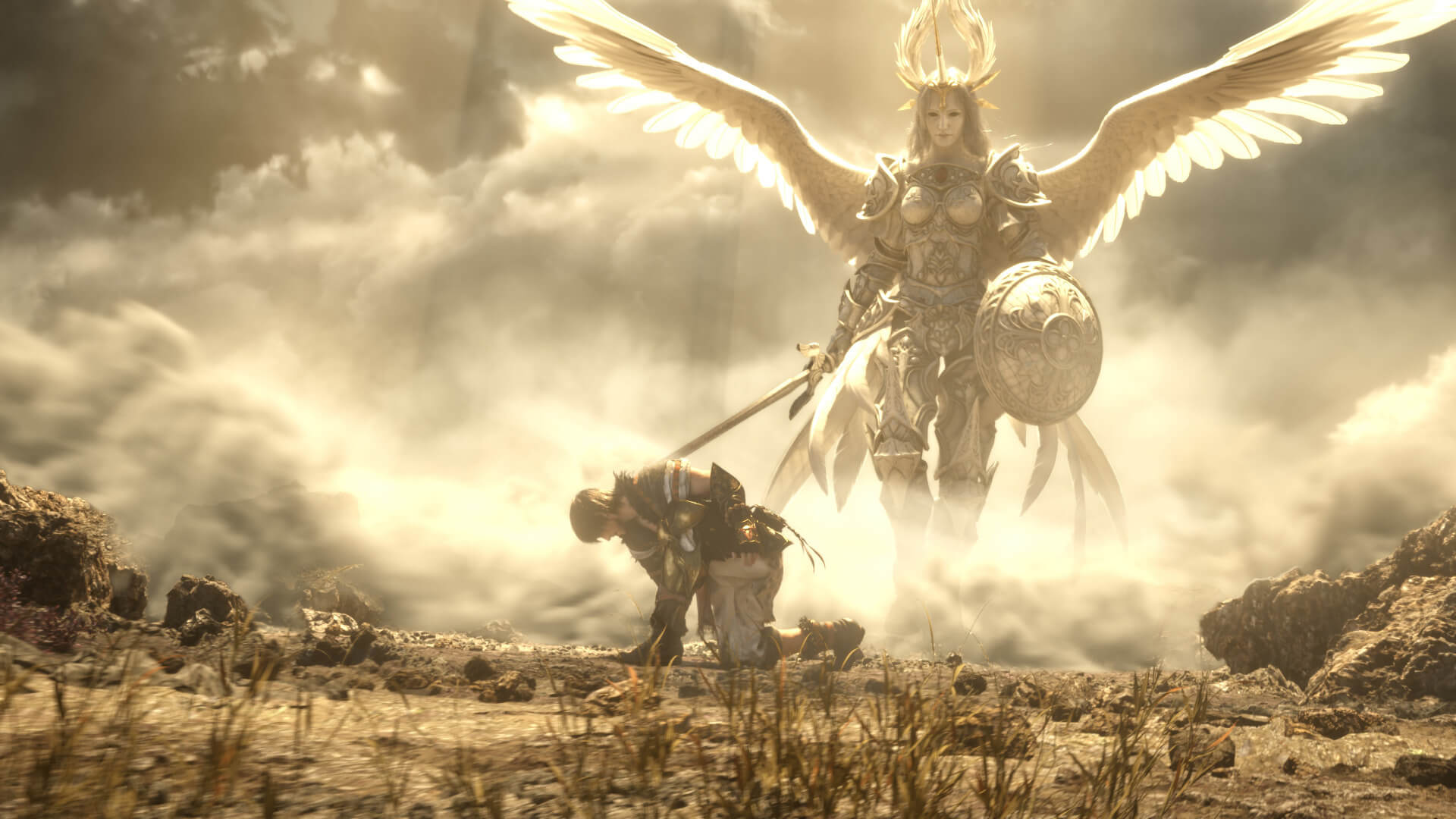
But most importantly they start to inject a huge amount of character and flavour into all the missions that had previously been so devoid of life. What was once a simple DND dungeon with rats and spiders to slay because [insert reason here], had become a slowly unfolding story of how a once great civilisation came to ruin or a town under assault with fleeing citizens everywhere you look.
While I love Heavensward and like (most of) Stormblood, Shadowbringers is special to me in a way the series hasn’t been for a long, long time. The way it uses familiar FF tropes to tell a sophisticated story about environmental disaster, class conflict, the culture’s historical nostalgia and how these seemingly separate struggles are of course all linked is nothing short of masterful. All this facilitated by Emet-Selch, my new gold standard for this series villains going forward.
It does all this while remembering that people come to Final Fantasy games for the cast of characters, and moments like Urianger gently describing the night sky to the blinded Y’shtola as “Diamonds strewn across a raven gown, boundless and beautiful…” will stick with me for awhile.
HOWEVER, I can’t in good conscience recommend Final Fantasy XIV to others. You need to put a lot of time in to get to the gold I fell in love with. But I’m glad I did, and I can’t wait to see what this team do with Final Fantasy XVI with my faith in the series now restored.
Jon Salmon – Loneliness is a matter of perspective I don’t think I would really describe myself as antisocial (although some people who know me might disagree), but I’m definitely a million miles away from being an extroverted social butterfly.
Obviously the infinitely crap last nine months have been a big downer in the social department but if I’m being completely honest, there’s a significant part of me that has enjoyed not having any social obligations to fulfil. Endless days where I slough out of bed at 10am, brew a couple of litres of coffee and then while away the next 17 or 18 hours on the couch playing videogames and watching movies. Repeat the next day and the next and the next until nothing matters anymore. It might not be an ideal existence, but it could be so much worse.
Over the course of this time I have played through a lot of games. One massive stand out has been Subnautica, partly because I think it’s a truly excellent game (it gave me a whole lot of the same feelings I got from Outer Wilds last year and that should be considered extremely high praise) and also partly because it made me consider something important about my own personality and how I relate that to playing games.
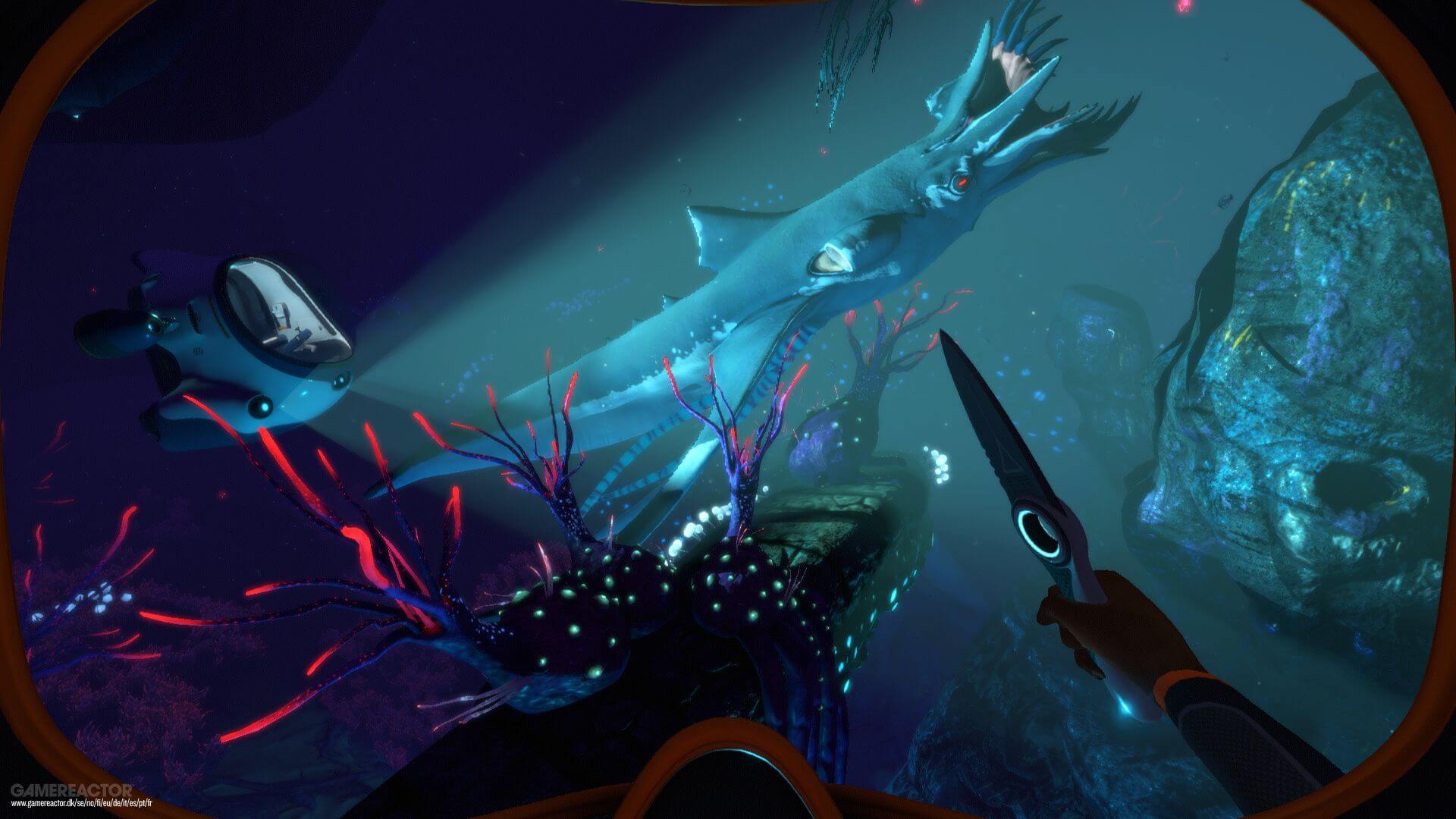
The world of Subnautica is far from lifeless but your player character is the only human present. Everybody else is long gone, leaving only unanswered distress calls and journal entries in their wake. In the roughly 40 hours it took me to play through the storyline I only encountered a single other entity that interacted with me in a direct way, unless you count the AI voice that occasionally chirps up to give you a gentle prod towards an objective or more commonly a warning that you’re running out of oxygen. This feels like an extremely stark contrast to the dozens of other games I’ve played this year (and hundreds or even thousands in general) that boast “living worlds” filled with countless NPCs designed to interact with you, whether it be a three second line of dialogue shouted across a street or a 50 hour interwoven narrative arc with a partner character.
It’s almost as if there’s a consensus that other interactable characters are what make a game vibrant and fun. Human contact good, loneliness bad. And I don’t think I agree with either part of that statement. I don’t always welcome the beckoning dialogue from someone I don’t know and don’t care about. In Subnautica you’re free from such distractions and allowed to experience the story and explore the world at your own pace without any anxiety that you might miss some piece of content because you didn’t talk to everybody or do every meaningless fetch quest. Do you want to fast track upgrading your scuba gear in order to dive an extra 100 meters to explore that trench you saw last time you were out, or do you want to spend 20 hours building a cool but ultimately unnecessary underwater base? The choice is completely up to you and you won’t have any snarky NPC making you feel bad that you still haven’t gone to get those five stalker teeth they claim to need so desperately. You might call that lonely; I call it peaceful.
In games, much as in real life, a lot of the time I would rather be left alone.
Rich Davison – Fraternising with Fratercula In 2020 I’ve spent more time than ever at home, or perhaps better expressed as in home, indoors or trapped. It’s because of that, open world games have been a real boon. In response to my job, and my insane workload, I’ve come to terms with the fact that I’ve gone days at a time where I’ve not seen daylight, felt the sun or looked at something greater than three meters away from my own eyes. Joyless.
However, games have been absolutely critical to provide that change of scenery, that sense of being somewhere different. Different light tones and biomes. Travel broadens the mind I hear, and so it’s especially important in 2020 not just for education, but for therapy.
This year I’ve virtually visited places both real and fictional, and a cursory google of these places will give you an idea of both my journey and taste in games. Specific examples include Inaba, New York, Kashhyk, Rural Oregon, Aurora, Rivellon, Midgar, Osaka, Ashina, Tsushima, Seattle, Hydaelyn, Seliana, The Alps, Washington DC, Tokyo and most recently Norway.
I had prepared a long embittered post for this blog about Nioh 2’s thoughtful approach to difficulty options and how unlike Sekiro it was embracing as opposed to exclusionary. Then I played Assassin’s Creed Valhalla on Christmas day and scrapped it; there are things to be happy about.
The first few hours of Assassin’s Creed Valhalla are set in 9th Century Norway – not quite as well represented as, say New York is in gaming. And it’s stunning, genuinely. Just being in Rygjafylke feels ever so slightly alien and irregular. Each evening features the aurora in the sky. Snow capped fjords feel unlike anything in any game, let alone another AC title. Fauna is abundant and unusual.
In fact, a bizarre highlight of my year involved a point where I stopped for 10 minutes to observe an improbability (yes, that is the collective noun) of puffins on a rock formation doing pretty much nothing. To me, it was not unlike the scene from American Beauty where Wes Bentley’s character describes a plastic bag being buffeted by the wind as, ‘the most beautiful thing he’s ever filmed’, all to the dulcet tune of Thomas Newman’s Any Other Name. Except In my case it was to a bearded viking man with a lyre and an impossible looking bird. I stored that moment to describe to editor Jay how, “It’s not often you see a puffin in a game”, who must have thought I’d finally gone insane.
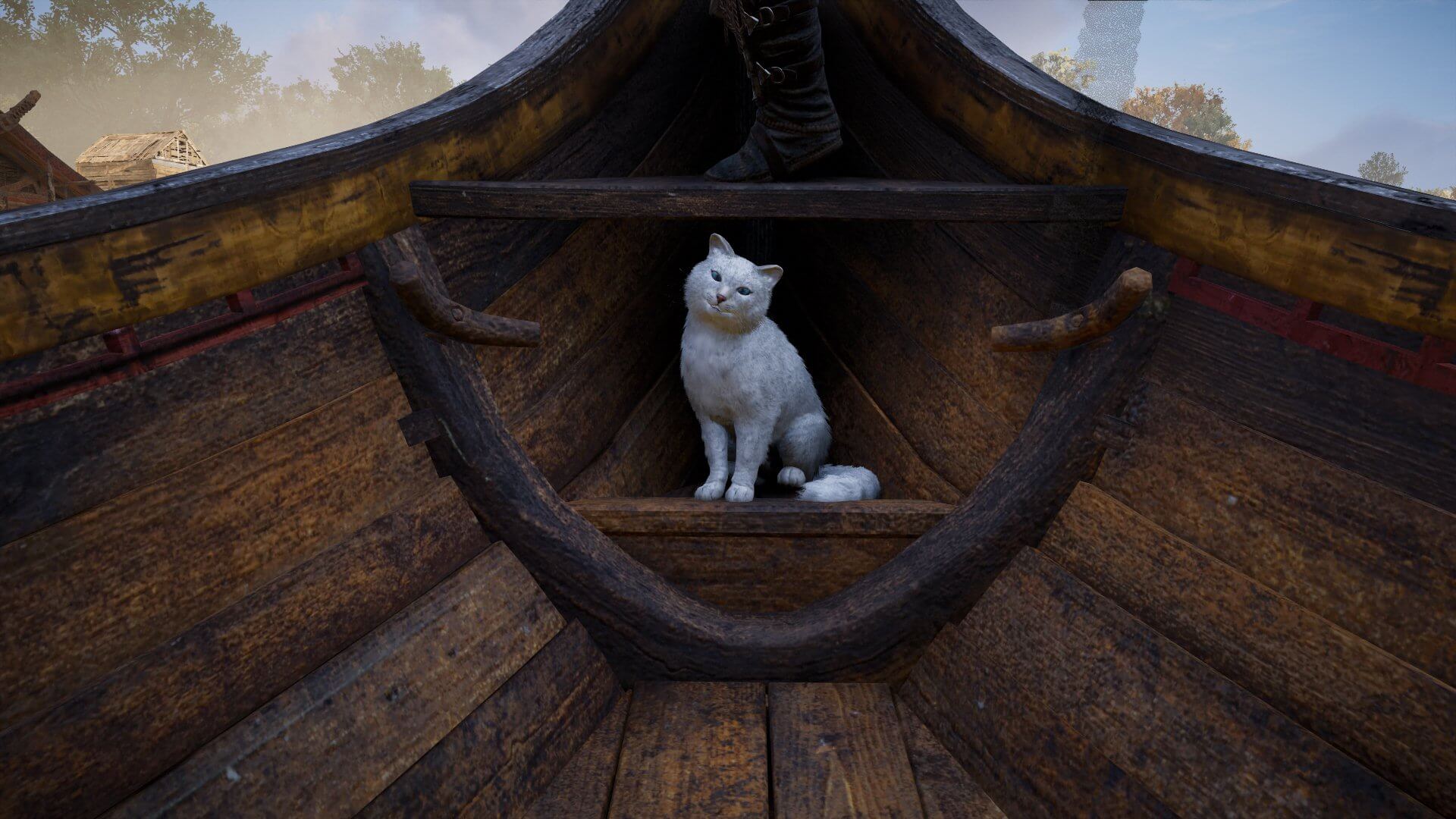
But in that 10 or so minutes of seeing the most odd of avians, it occurred to me that in the absence of meaningful travel, how much I rely on the creations of others for escapism and how valuable it’s been to me this year of all. To experience new things and to recreate my mind.
And it extends beyond that of course. Games such as Valhalla are more than just a getaway, they’re my replacement for a history tour, or a trip to a heritage site. They’re the spark of inspiration to pick up a book or watch an interesting documentary to immerse myself in the subject matter.
Yes, it’s an uncomfortable time to praise Ubisoft, but 60 hours into this seemingly ceaseless game, it’s just what the doctor ordered.
Michiel Kroder – Getting creative in 2020 With lockdowns and working from home being the prevailing theme in 2020, you’d think that I would have more time to play through the videogames in my backlog, but nothing could be further from the truth.
Apart from doing the work that pays the bills and having a family that needs the odd bit of attention here and there, I taught myself audio editing and launched a decently successful and incredibly rewarding monthly podcast of my own – outside of my contributions to Cane and Rinse, together with the inimitable Ben Cartlidge of One Credit Classics, in Video Wizards. I also got familiar with the Unity engine to support my programming partner and we’ve been up to our necks in the development of our first game that’s actually coming out, later this year.
So for me, it’s been the odd game that we’ve covered on Cane and Rinse and that I was part of as a panel member and the odd virtual credit thrown into the arcade games we discussed on Video Wizards, mainly. Aside from that, 2020 was the year of both the beat ’em up and the horizontally scrolling shoot ’em up, for me.
On Cane and Rinse’s Twitch I cleared the “impossible” NES version of Double Dragon III, in January. Then on my own Twitch channel I played through both God of War II and Yakuza 2 on the PS2. Then there was the new release of Streets of Rage 4, a game I played two months after most other enthusiasts I knew, because I was waiting for the Limited Run physical edition for Nintendo Switch to arrive. This 2020 release made me fall in love with its series like never before and I made it a point to import the Japanese (and by all accounts the definitive) version of the third game, Bare Knuckle III, and got me one of those fancy Mega Drive Universal Adapters by Datel, with a wickedly 90s clamshell cover. Then finally, I was somehow compelled to buy the new Battletoads game on launch, via Steam, and I played through that on stream with my kids.
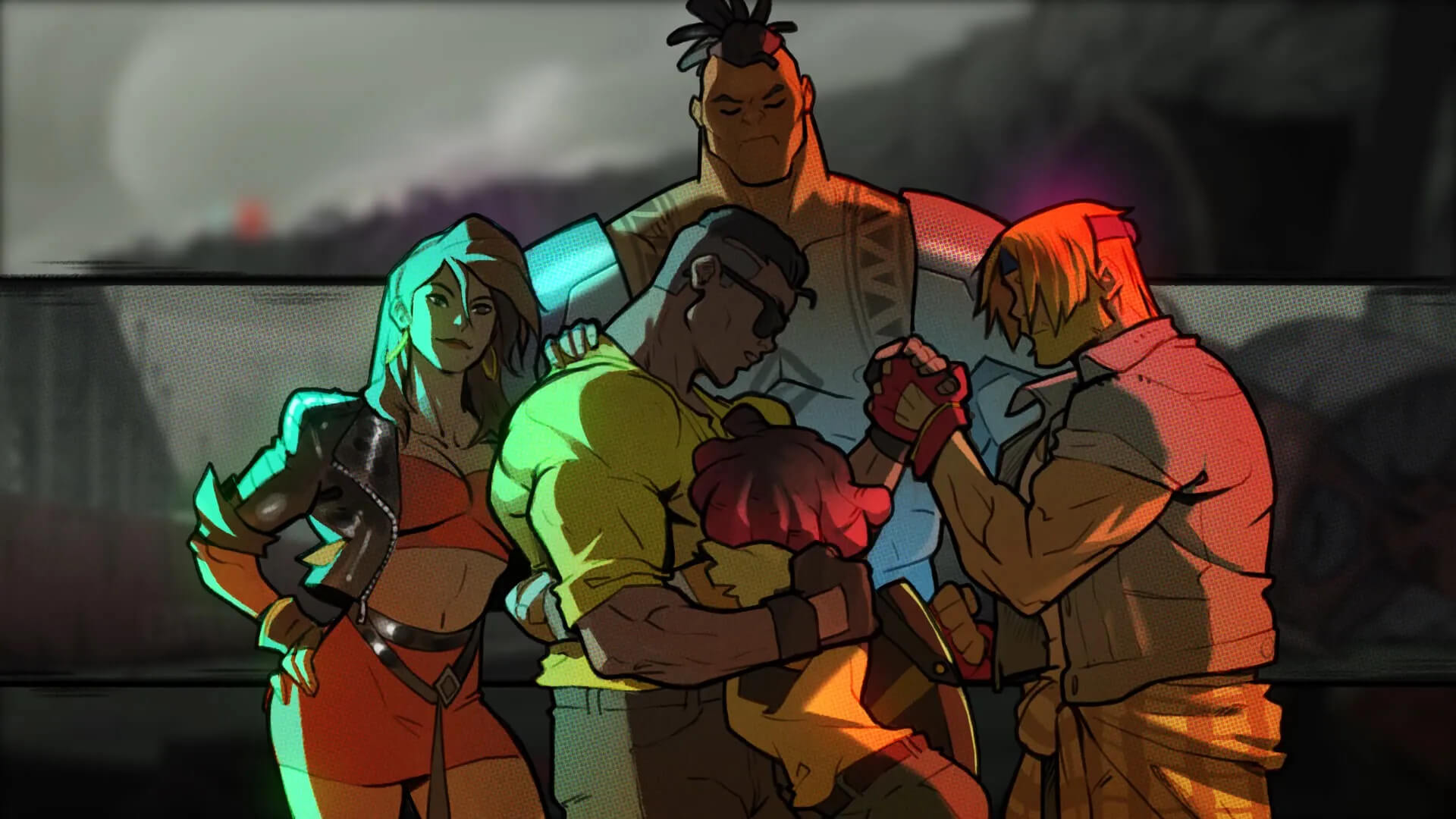
As far as hori shoot ’em ups went, being that my pick for the last volume of Cane and Rinse podcast series was Konami’s venerable Gradius series, I finally cleared the NES version of the first game on Cane and Rinse’s Twitch without dying and also took a stab at the much harder Gradius V on PS2. This all culminated in the game development project I mentioned earlier, which is another entry in this subgenre, owing pretty much its whole existence and at least its most basic enemy attack patterns and one of the three selectable ship archetypes to this series. To further educate myself I bought some key titles that were still missing from my collection, such as R-Type III: The Third Lightning, by way of Retro-Bit’s amazing R-Type III & Super R-Type Collector’s Edition for SNES, and the Salamander Deluxe Pack Plus and all available Parodius games for SEGA Saturn, while also getting my hands on vertical scrollers like ESP Ra. De. Psi for Switch and Ketsui for PS3… and spending time with all of them!
Looking back at 2020 in terms of videogames, I certainly wasn’t as deprived of them as I somehow had convinced myself of. Let’s see what 2021 will bring!

